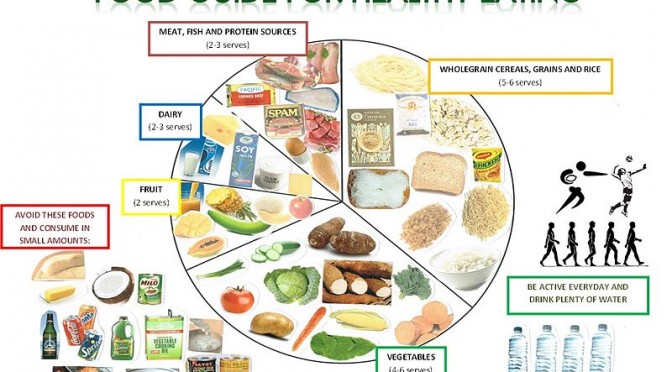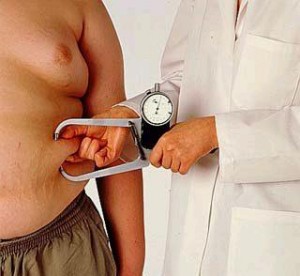A recent Poster session supplement to the American Journal of Obstetrics & Gynecology examined the effect of maternal diet on birth weight of infants.
It is understood that babies born to obese women are more frequently on the “extreme” ends of the birth weight scale (i.e. either
![Photo By ceejayoz (http://www.flickr.com/photos/ceejayoz/3579010939/) [GFDL (http://www.gnu.org/copyleft/fdl.html) or CC BY 2.0 (http://creativecommons.org/licenses/by/2.0)], via Wikimedia Commons](http://french-paradox.net/wp-content/uploads/2015/01/premature_underweight_infant_with_ventilator-french-paradox-225x300.jpg)
This study recruited 11 normal weight, 15 overweight, and 15 obese women prior to pregnancy and followed them through to full term.
Pre-pregnancy body mass index (BMI), dietary assessments (via questionnaires), and several body composition measurements were taken.
Dietary assessments were scored using the Health Eating Index-2010 (HEI-2010).
The same measurements were taken after on or 37 weeks during gestation, plus measurements on body water content and bone mineral content.
Infant and placental weight measurements were taken at time of delivery.
Important Findings:



